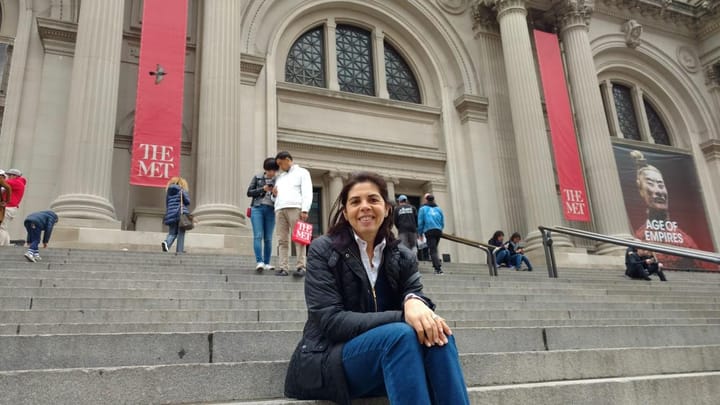
Por Mónica Hernández

Las noticias recientes eran desalentadoras: los escritores íbamos a desaparecer como gremio, o si teníamos suerte, aprenderíamos a pedirle a un chat que nos escribiera un texto, con base en nuestros vectores, lo que en este gremio se conoce con el técnico y aterrador nombre de “escaleta”. Un guión, vamos. Yo no me decido, porque aquello que existe en mi cabeza, incluyendo la razón, se inclina con mis sentimientos y se rebela de manera corpórea como simple y llana envidia. No quiero que la Inteligencia Artificial escriba un texto con mis ideas. Soy díscola. Tal vez debería intentarlo, como hizo el premio Nobel de Literatura 2012, Mo Yan (pseudónimo de Guan Moye), para tener un discurso de 1,000 palabras, en honor a un colega amigo suyo, otro escritor llamado Yu Hua. Menudo amigo, dirían los envidiosos. Tanto tiempo de conocerse para no redactar el texto de manera “personal”, de manera arcaica, medieval o como le quieran llamar, sino moderna, atrevida y hasta tramposa. El tiempo le comía, como suele pasar y necesitaba el discurso para una presentación con manteles largos y trajes de gala. Mo Yan escribió las palabras “vivir”, “extraer un diente” (el escritor homenajeado es un antiguo dentista) y “ciudad perdida”, al estilo “Shakespeare” en el ChatGPT y el texto apareció en segundos. El debate quedaba servido.
El desacuerdo se da entre críticos, escritores y lectores, que no dudan en cuestionar la autenticidad y la creatividad del proceso. No tengo duda que así como en la geometría, la Inteligencia Artificial y la Literatura se rozan y llegan ya a tocarse. Tal vez, se crucen creando algo así como una espiral. Estoy segura también que se manosearán, como adolescente con hormonas incontrolables porque la naturaleza humana es hacia la evolución.




